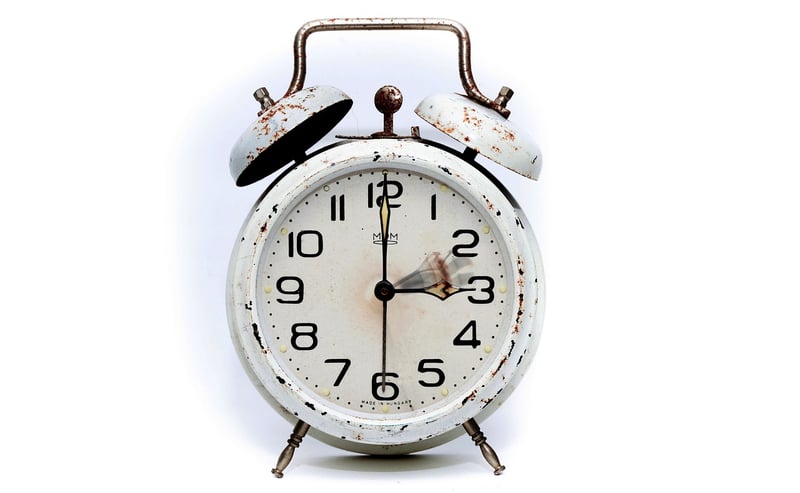Temporal Paradoxes
The Fascinating World of Time Travel and Temporal Paradoxes
Time travel has captured the imagination of people for decades, appearing in science fiction books, movies, and TV shows. While time travel remains a concept confined to the realms of fiction, exploring its mechanisms and the potential paradoxes that could arise can be a thought-provoking exercise.
Mechanisms of Time Travel:
There are several theoretical mechanisms proposed for time travel, including:
- Wormholes: These hypothetical tunnels in spacetime could allow for shortcuts between two points in time.
- Time Machines: Devices that could manipulate spacetime to enable travel to the past or future.
- Time Dilation: A concept from Einstein's theory of relativity where time passes differently for objects in motion or under gravity.
Temporal Paradoxes:
While time travel is a fascinating concept, it also brings forth the possibility of paradoxes that challenge the laws of physics. Some common temporal paradoxes include:
- Grandfather Paradox: If you were to travel back in time and prevent your grandparents from meeting, would you cease to exist?
- Casual Loop Paradox: What happens when an event causes a chain of events that ultimately leads back to the original event?
- Parallel Universe Paradox: Could time travel create branching timelines and parallel universes?
These paradoxes highlight the complexities and potential consequences of altering the past or future, raising philosophical questions about determinism, free will, and the nature of time itself.
Conclusion:
While time travel remains a speculative concept, exploring its mechanisms and paradoxes can offer valuable insights into the nature of existence and the universe. Whether it's through the lens of science fiction or theoretical physics, the idea of traversing through time continues to intrigue and inspire us to ponder the mysteries of the cosmos.

Time travel may still be a distant dream, but its allure and enigma will continue to captivate our imaginations for generations to come.
